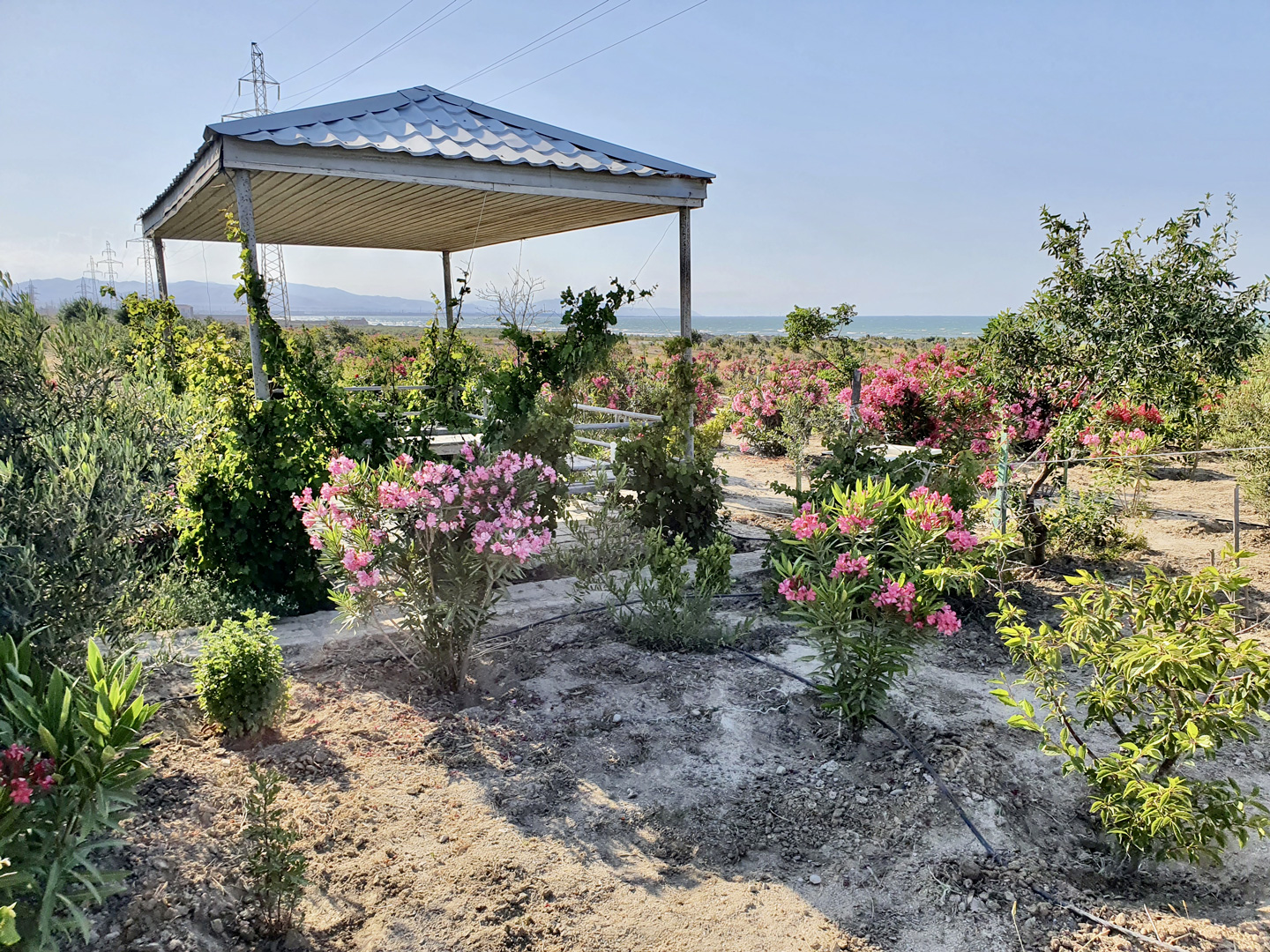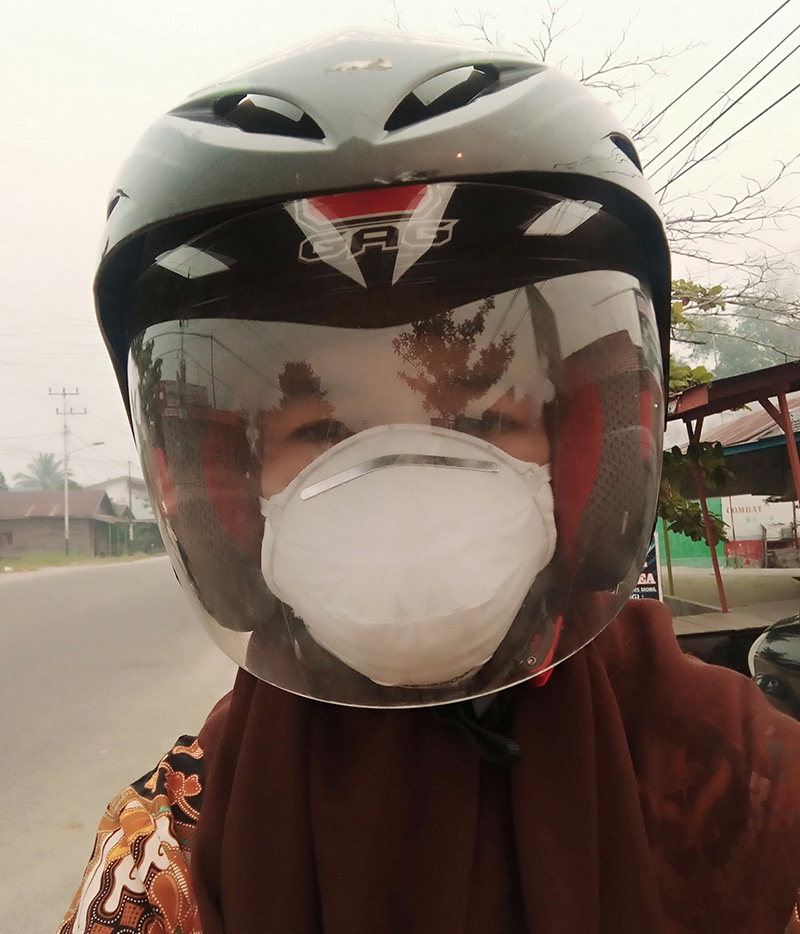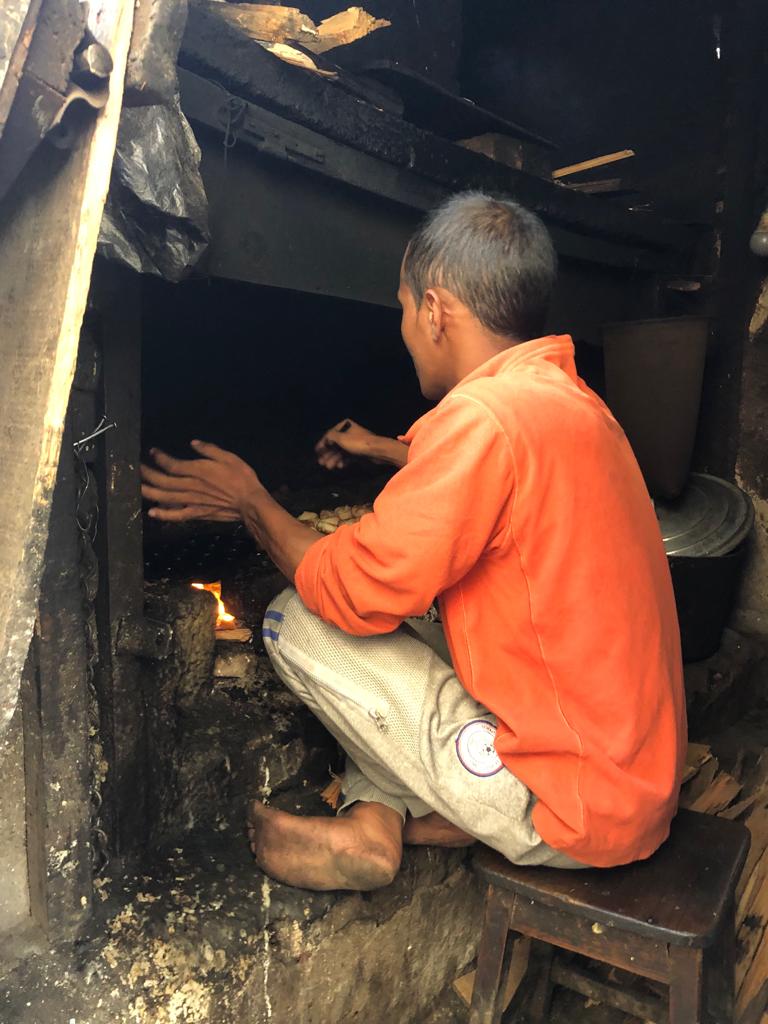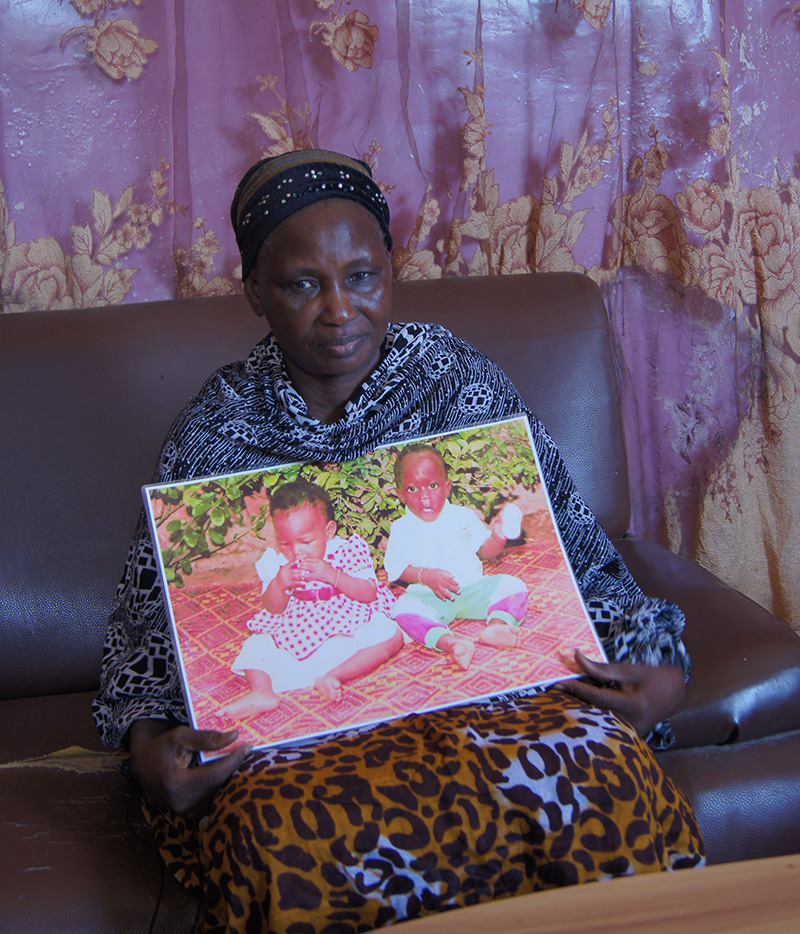
azerbaijan
Changing attitudes raise hopes for Azerbaijan toxic pollution clean-up
As a child, Rovshan Abbasov lived idyllic summers in the mountains of Azerbaijan playing in the clean air. But when the holiday ended, he returned to village life centered around cotton growing and with it came exposure to the fertilizers and other toxins applied to the crop. Rovshan remembers the low-flying planes spraying clouds of white powder that smelled horribly. Only later did he realize it was DDT. Today Rovshan is a leading figure in the clean-up of toxic sites in the former Soviet Union state.


